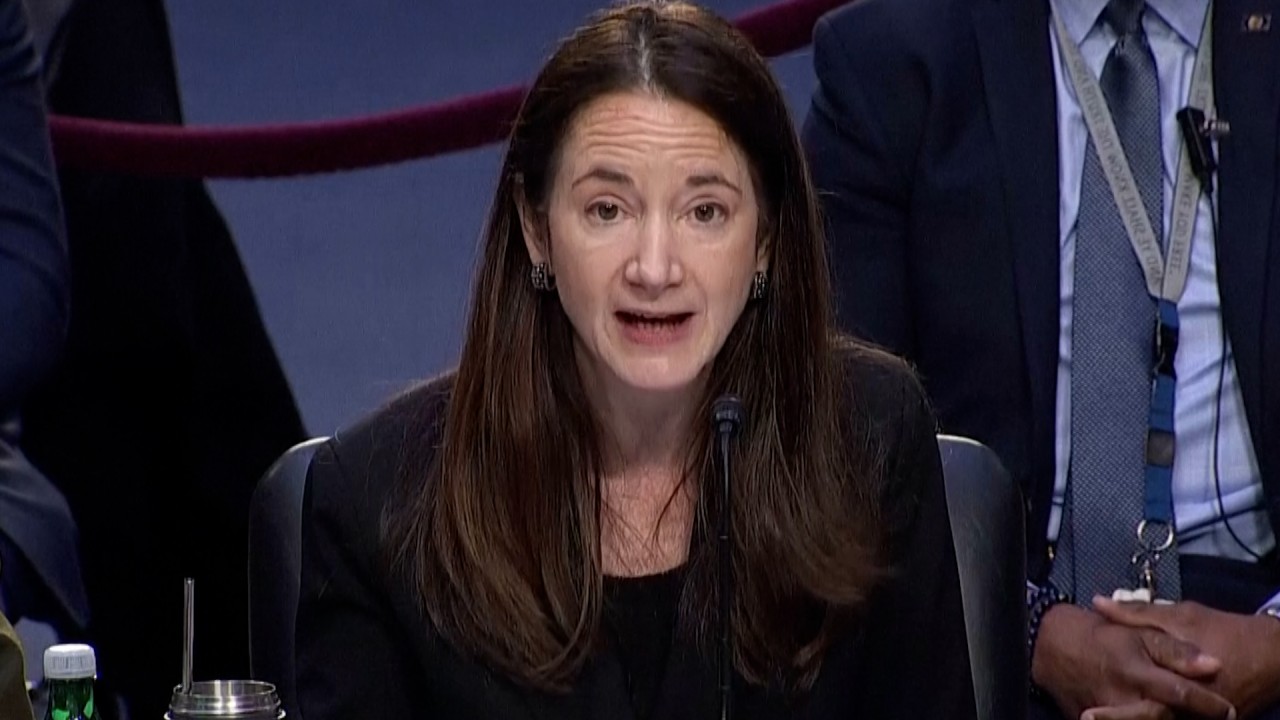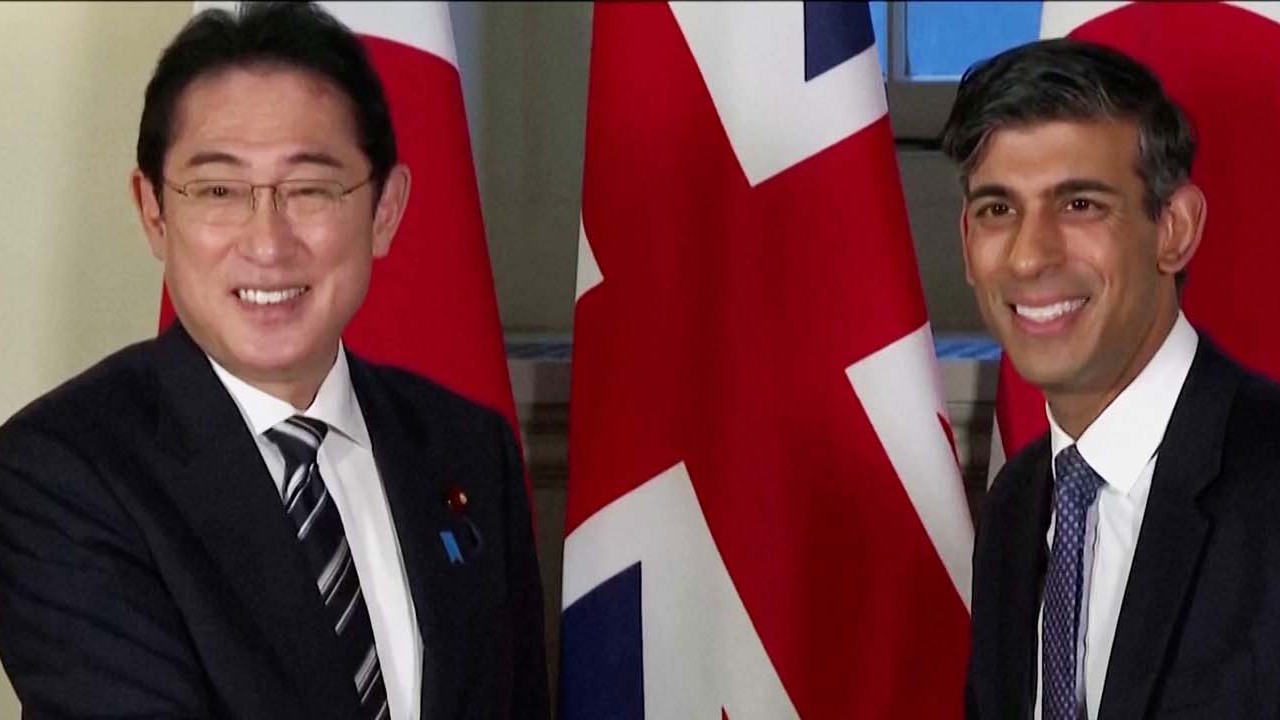
Explainer | China ‘challenge’, Russia and other key points in UK’s 2023 updated foreign policy review
- Britain’s Integrated Review is updated with the hardening of language and positioning towards Beijing and Moscow
- Britain cast China as representing an ‘epoch-defining challenge’ with implications for almost every area of UK government policy
Britain published an update to its foreign policy framework on Monday, which announced increases in defence spending and labelled China as a challenge while citing Russia as the most acute threat to Britain’s security.
London last updated its strategic policy portfolio two years ago, in what was billed as the most comprehensive overhaul since the Cold War era and as part of a recalibration of its post-Brexit world view.
Below are the key points announced by the UK government in the “refresh” of its so-called Integrated Review.
Russia
Britain named Russia as the top regional threat and said the most immediate security priority is finding ways to support Ukraine in Europe’s biggest conflict since World War II.
The new strategy towards Russia will focus on denying it any benefit from invading Ukraine; contesting Russia’s “malign” influence globally and degrading the country’s capabilities threatening Britain, including preventing access to critical technology and materials.
Britain said Russia’s growing cooperation with China and Iran following the invasion of Ukraine are developments of particular concern.
The document said Britain’s collective security now is intrinsically linked to the outcome of the conflict in Ukraine.
Britain also said it would step up engagement with Moldova and countries in the South Caucasus, western Balkans and Central Asia to increase resilience to Russian interference.
China
Britain said China poses an “epoch-defining challenge” with implications for almost every area of government policy and the lives of British people.
The review said Britain should work with China in areas of common interest, such as climate change and global financial stability, but voiced concern over its approach to Taiwan for the first time.
Britain said it is concerned by what it sees as the increased threat from China: militarily in the South China Sea; strengthening its partnership with Russia following the invasion of Ukraine; and refusing to renounce the use of force to achieve “reunification” with Taiwan.
The review said the three broad outlines of its new strategy towards China will be to protect national security, including infrastructure and supply chains; aligning with allies to limit China’s influence; and engaging where it is consistent with its interests.
Foreign Secretary James Cleverly told parliament on Monday China’s size and significance connected it “to almost every global issue”.
Extra money
The government announced £5 billion of additional defence spending over the next two financial years, and a longer term aspiration to invest 2.5 per cent of GDP on defence as “fiscal and economic circumstances allow”.
Of the £5 billion of extra spending in 2023/24 and 2024/25, £3 billion will go towards defence nuclear projects, including submarine projects and the delivery of the AUKUS pact to provide Australia with nuclear powered subs.
The other £2 billion will go towards replenishing and increasing conventional stockpiles and investing in munitions infrastructure, building on £560 million announced for this purpose last year, in part to backfill ammunition that has been given to support Ukraine.
Taiwan
In a foreword to the document, Prime Minister Rishi Sunak said China’s more aggressive stance towards Taiwan was one of several threatening to create a world order defined by “danger, disorder and division – and an international order more favourable to authoritarianism”.
Elsewhere in the review, Britain restated its position that “the Taiwan issue should be settled peacefully by people on both sides of the Taiwan Strait through dialogue, and not through any unilateral attempts to change the status quo”.
Economic deterrence initiative
This initiative, which will have up to £50 million of funding over two years, aims to improve sanctions implementation and enforcement in order to strengthen the diplomatic and economic tools with which Britain can respond to and deter hostile acts.
Britain said it would increase the number of security cleared analysts available to ensure future measures are more precise and have greater impact, as well as looking at updating its export control regime to tackle sensitive emerging technology transfers.
Nuclear plan
Recognising the growing importance of nuclear to its security, energy and economy needs, Britain said it would publish a Defence Nuclear Strategy later this year.
That plan will “proactively look for opportunities to align delivery of the civil and defence nuclear enterprises” said the government, including its ambitions for the sector and how it will ensure the skills and workforce to deliver on those plans.
Additional reporting by Agence France-Presse



